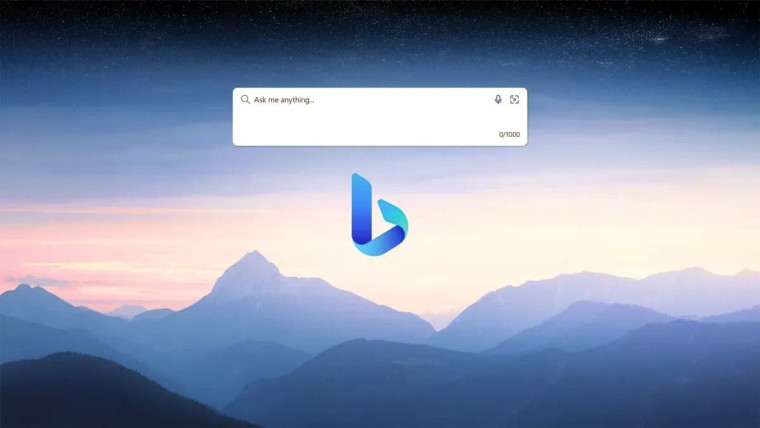
Over the past few months, we’ve been covering Microsoft’s Bing Search division a lot more than usual. Of course, that’s because the company launched its Bing Chat chatbot AI earlier this year. However, some people may be too young to know that Bing has been around for much longer than that.
In fact, today is officially the 14th anniversary of Microsoft’s initial launch of Bing. Microsoft has set the date as June 3, 2009. We say “officially” because Microsoft actually announced Bing to the world a few days ago, on May 28th. That’s the date Microsoft uses because it was available to everyone in the US at the time.

Before Bing came along, Microsoft offered its own search engine to compete with Google, with names like MSN Search and Live Search. Microsoft’s search optimization was developed internally under the name Kumo before it decided to change the name to Bing. TechCrunch also posted screenshots with its Bing introduction story. which displayed the como code name.
So why choose Bing as a search engine name? According to our story in 2009, credit goes to Youssef Mehdi, then senior vice president of Microsoft’s online audience business group. He is quoted as saying:
We needed a brand that was just as fresh and new. […] A name that was memorable, short, easy to spell, and that would work like a URL around the world. […] This name is needed to clearly communicate that this is something new, to invite you back, to reintroduce you to our new and improved service, and to encourage you to try it out.
The Bing name wasn’t just being used as an alternative to live search. Microsoft also renamed its virtual earth mapping platform to BingMaps for Enterprise. Microsoft bought a travel search company called Forecast, and renamed it Bing Travel.

So what was Microsoft’s purpose to the public in using Bing as their Internet search engine? Here’s what the company had to do says in its initial Bing press release.:
Bing helps identify relevant search results through features like Best Match, where the best answer is surfaced and called upon. Deep links allow more insight into what resources are offered to a specific site. and Preview, a hoverover window that expands over the title of a search result to provide a better sense of the relevance of a related site.
Microsoft had other features to promote with Bing at the time. This includes trying to help people manage their search activity by:
Bing includes a number of features that organize search results, including the Explore Pane, a dynamically relevant set of navigation and search tools on the left side of the page; Web Groups, which display results intuitively in both the Group Explore pane and the actual results. and Related Searches and Quick Tabs, which are essentially a table of contents for different categories of search results.
Microsoft reportedly spent up to $100 million in a huge advertising blitz. It included several funny TV commercials that showed people going a bit crazy as they answered answers as if they were Google’s search engine. Microsoft tried to promote Bing as a “decision engine” in its marketing blitz.
Bing’s launch wasn’t 100 percent smooth. A few days after Bing went live, it changed to a feature that lets people see previews of video clips in search results. Bing disabled the feature after companies complained that people at work could view inappropriate clips using Bing.
For a while now, Bing has been slowly and surely taking search market share away from Google and the other leading search engine, Yahoo! Indeed, in July 2009 Yahoo agreed to use the Bing search engine, effectively increasing Microsoft’s market share. However, as the years went by it became clear that Microsoft’s efforts were not going to take a significant amount of search market share away from Google.

It’s only been in the past several months that Bing has come back on more than a few people’s lips with the launch of Chat. Although it didn’t receive as big a commercial and marketing campaign as the original Bing Search launch, it certainly generated more interest in Bing than at any other time since June 3, 2009.
Only time will tell if Microsoft’s push with AI through Bing Chat will be more successful than Bing Search 14 years ago.

